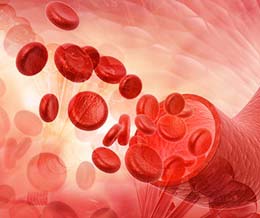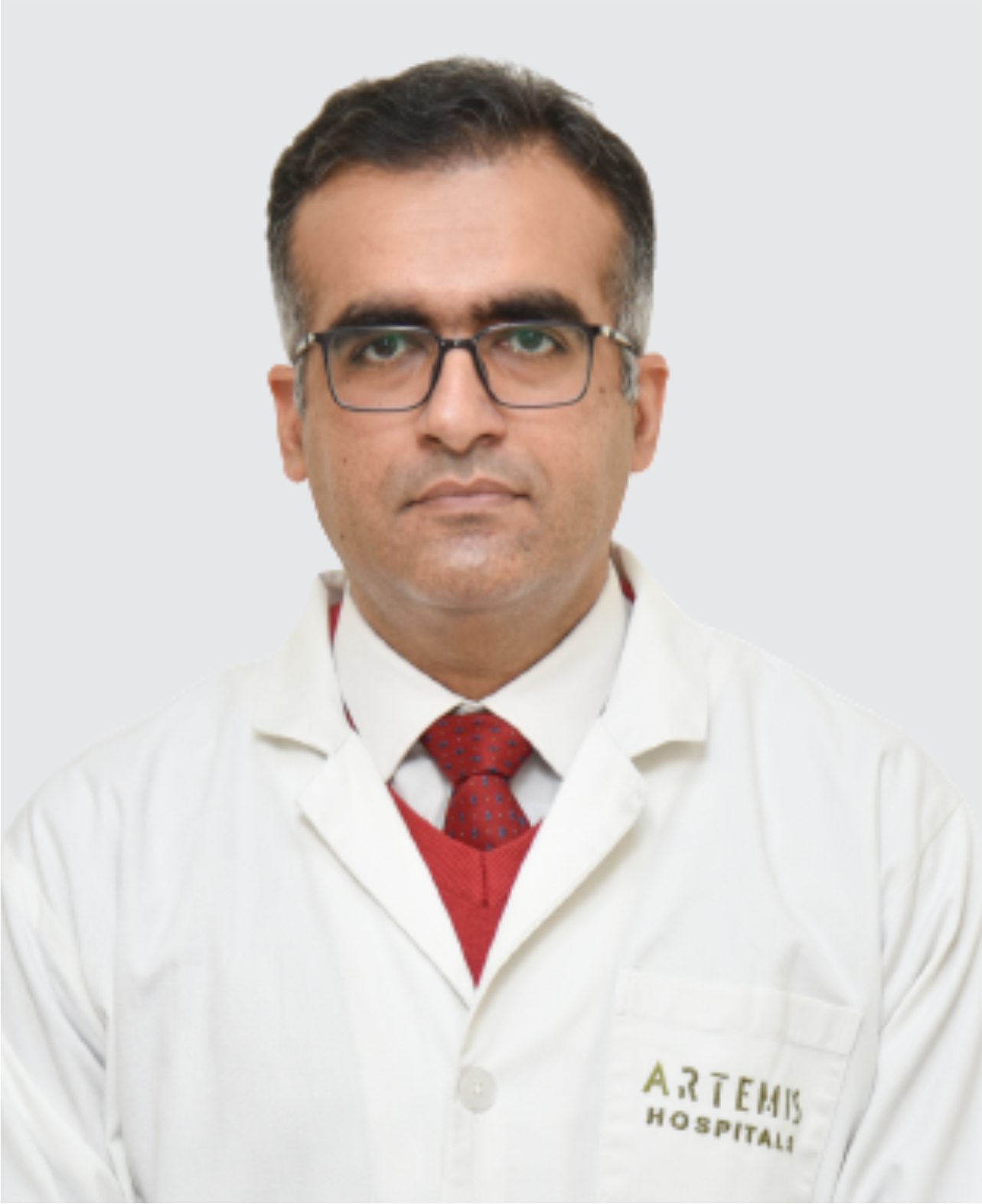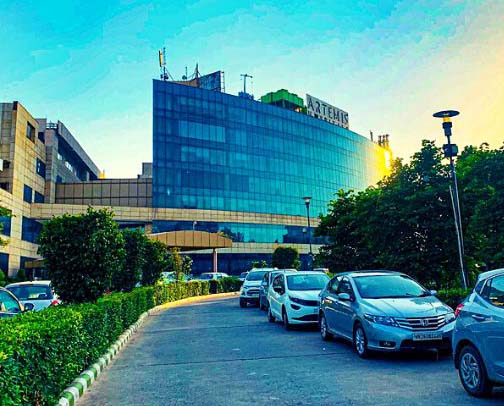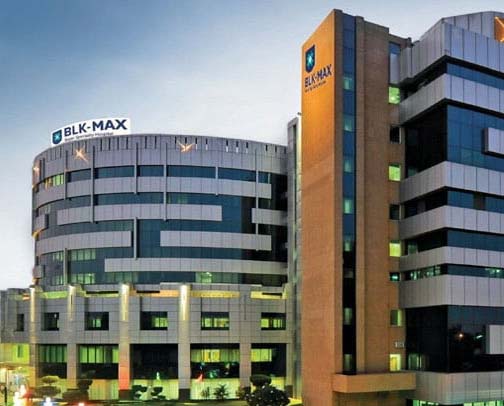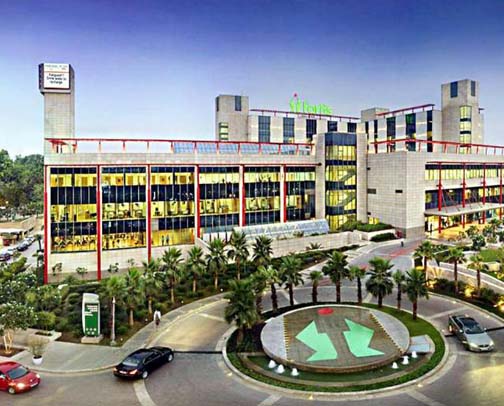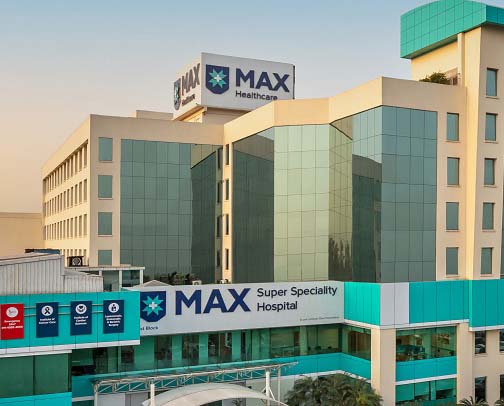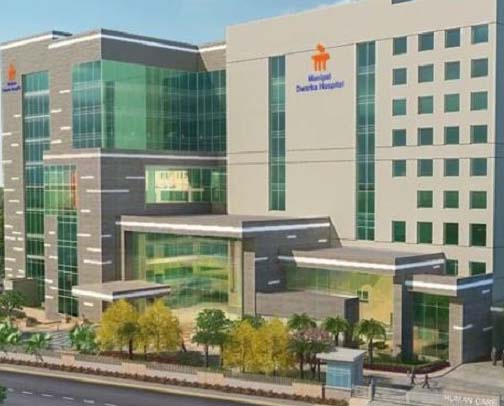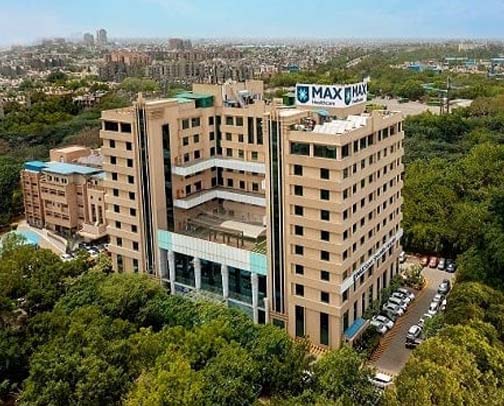Bone Marrow Transplant - Overview
A bone marrow transplant is a medical procedure that involves the transplantation of blood cells. Its purpose is to replace damaged or destroyed cells with healthy ones, enabling the body to produce an adequate number of platelets, white blood cells, or red blood cells. This transplantation aims to prevent infections, bleeding disorders, or anemia by replenishing the bone marrow, which may have been impaired by diseases or infections. During the procedure, blood cells are transplanted, migrating to the bone marrow to facilitate the production of new blood cells and foster the growth of new marrow.
Bone Marrow Transplant - Symptoms
Bone marrow transplants are typically recommended for patients with conditions such as aplastic anemia, leukemia, Hodgkin’s lymphoma, or thalassemia major. Medical professionals usually suggest one of the following three types of bone marrow transplantation:
- Autologous Transplant: This procedure involves using the patient’s own cells for transplantation.
- Syngeneic Transplant: If the patient has an identical twin, their cells can be utilized for the transplantation.
- Allogeneic Transplant: This procedure entails utilizing cells from a donor, who must closely match the patient’s genetic makeup. The donor can be a close relative or an unrelated individual, as long as their cell’s genetic composition matches that of the patient.
Bone Marrow Transplant - Pre-Procedure
Before undergoing a bone marrow transplant, the doctor will recommend several tests to determine the specific type of bone marrow cells needed for the patient. In some cases, radiation therapy may be administered to eliminate cancer cells or existing marrow cells prior to receiving the new cells. The healthcare team will provide a thorough explanation of the transplant process and address any inquiries the patient may have. During this pre-transplant phase, the appropriate type of transplant is identified, and if necessary, efforts are made to find a suitable donor for the procedure.
Bone Marrow Transplant - During Procedure
During the bone marrow transplant procedure, the patient will be administered general anesthesia to ensure comfort while the surgeon performs the treatment. Needles are inserted near the pelvic bone to extract the cells in a painless manner. The collected cells are then tested to ensure their cleanliness and health, after which they are preserved until the scheduled transplant.
When the patient is prepared for the transplant, the procedure itself is similar to a blood transfusion. In the case of an allogeneic transplant, bone marrow cells are obtained from the donor a day or two before the procedure. If the patient’s own cells are used, they are retrieved from a cell bank. The cells can be collected through a bone marrow harvest, involving the extraction of cells from both hip bones using a needle. This procedure is performed under anesthesia to ensure the patient is asleep and free of pain. The entire bone marrow transplant procedure usually takes around 3 to 4 hours, from the time the cells are introduced into the body until they reach the bone marrow and commence the production of healthy cells. This phase is known as engraftment.
Bone Marrow Transplant - Post-Procedure
The success of a bone marrow transplant largely depends on the degree of genetic compatibility between the donor and recipient. Finding a suitable match among unrelated donors can sometimes be challenging. After the completion of the procedure, the doctor will regularly monitor the state of engraftment. This process typically takes between 10 and 28 days following the initial transplant. The initial sign of engraftment is an increasing white blood cell count, indicating the beginning of new blood cell production. The recovery period for this treatment is typically around three months, but it may take up to a year for full recovery.
Bone Marrow Transplant - Risk & Complications
Bone marrow transplantation carries a relatively low risk as only a small amount of bone marrow is extracted from the body. Following the procedure, patients may experience temporary symptoms such as stiffness, mild pain, and weakness lasting a few days.
Complications can range from mild to severe, and some common major complications associated with this treatment include:
- Abdominal bloating
- Jaundice
- Discolored urine resembling tea
- Skin rashes or blisters
- Changes in appetite
- Upset stomach
- Diarrhea
- Presence of blood in stool
In certain cases, graft-versus-host disease can develop as a chronic condition. This may manifest with symptoms like:
- Dry eyes
- Joint pain
- Mouth sores
- Breathing difficulties
- Persistent cough
- Irritation in the genital area
The success rate of bone marrow transplantation in India depends on various factors such as the patient’s age, overall health, and the specific disease being treated. While the procedure effectively alleviates patient distress, it should be noted that it is also quite expensive. The approximate cost of bone marrow treatment in India ranges from $14,000 to $30,000, and the duration of treatment typically spans 14 to 21 days. Going through the transplant process can be emotionally challenging, and seeking support from a healthcare professional can greatly assist throughout the entire journey. If you require assistance, please reach out to us, where our doctors can help you ascertain the current cost of bone marrow transplant in India.
Bone Marrow Transplant - Doctors
Bone Marrow Transplant - Hospitals
Request a CallBack

